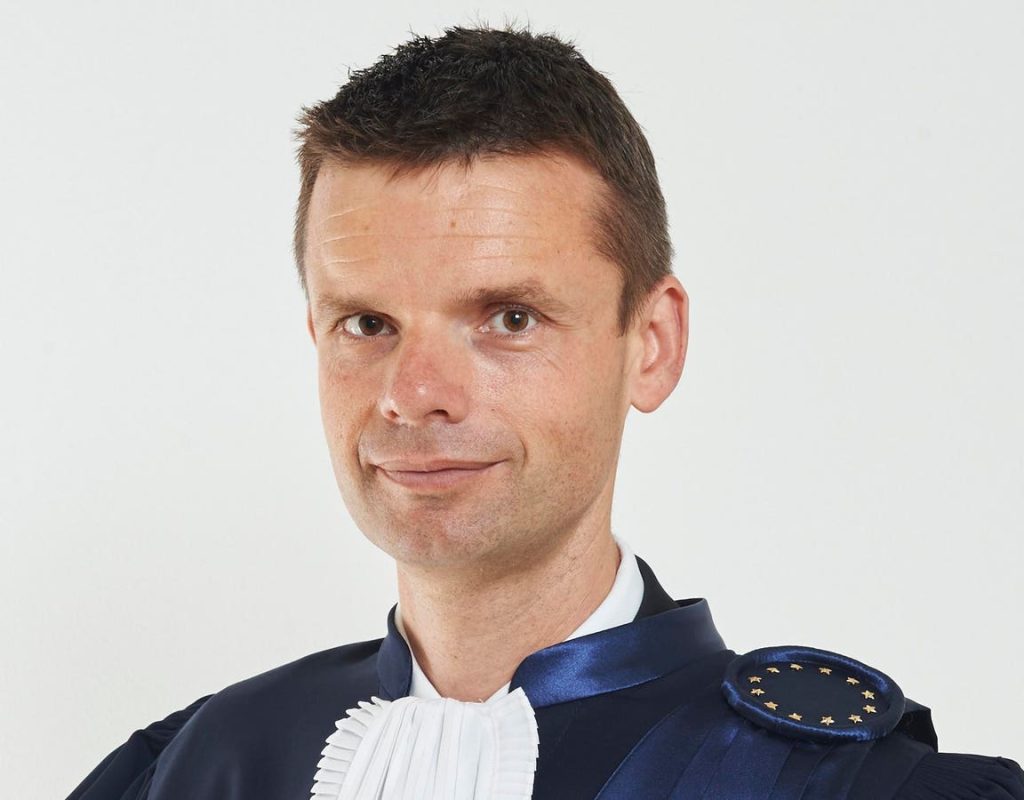The European Court of Human Rights has elected Marko Bošnjak as President of the Court, succeeding current President Síofra O’Leary of Ireland. Bošnjak, an attorney from Ljubljana, Slovenia, was elected to the ECHR in May 2016 and has served as Vice-President since November 2022. The Court, also known as the Strasbourg Court, was established in 1959 to rule on individual or State applications alleging violations of civil and political rights set out in the European Convention of Human Rights. The Court is composed of 46 judges representing each member state, who are elected by the Parliamentary Assembly of the Council of Europe for a non-renewable term of nine years.
The Council of Europe, founded in 1949, is an international organization of 46 European countries working to promote human rights, democracy, and the rule of law. The European Convention of Human Rights was adopted in 1950 as an international treaty drafted to protect human rights and liberties. An enforcement mechanism was established in Section II of the Convention, calling for the establishment of the European Court of Human Rights. The Court has issued over 10,000 opinions on human rights issues relating to the Convention, with the recent landmark opinion establishing protection from the effects of climate change as a human right under European law.
In April, the ECHR issued an opinion on Verein KlimaSeniorinnen Schweiz and Others v. Switzerland, finding protection from the effects of climate change as a human right under the Convention. While the opinion was specific to Switzerland, it paves the way for similar climate change litigation to come before the Court. This decision has pushed the ECHR to the forefront of the climate change debate, highlighting the Court’s role in protecting human rights in the face of environmental challenges. The election of Bošnjak as President and Arnfinn Bårdsen of Norway as Vice-President further solidifies the Court’s commitment to upholding human rights in Europe.
Bošnjak will officially assume the role of President on July 2, succeeding O’Leary, and will serve a three-year term in this position. Bårdsen, who will replace Bošnjak as Vice-President, has been elected to serve on the Court until 2028. Gabriele Kucsko-Stadlmayer of Austria, the other Vice-President, was previously elected for a term starting on May 2, but her term will conclude on November 1. These leadership changes within the Court reflect the ongoing commitment of the ECHR to protect and uphold human rights across Europe, particularly in response to new challenges such as climate change.
The ECHR’s role in interpreting and applying human rights law in Europe is crucial in ensuring that individuals and States can seek redress for violations and abuses of their rights. As the Court continues to address a wide range of human rights issues, its recent opinion on climate change highlights the evolving nature of human rights law in response to new and pressing challenges. Bošnjak’s election as President and the reshuffling of leadership roles within the Court demonstrate a commitment to defending human rights and liberties in Europe, solidifying the ECHR’s role as a key player in shaping the future of human rights protection in the region.













